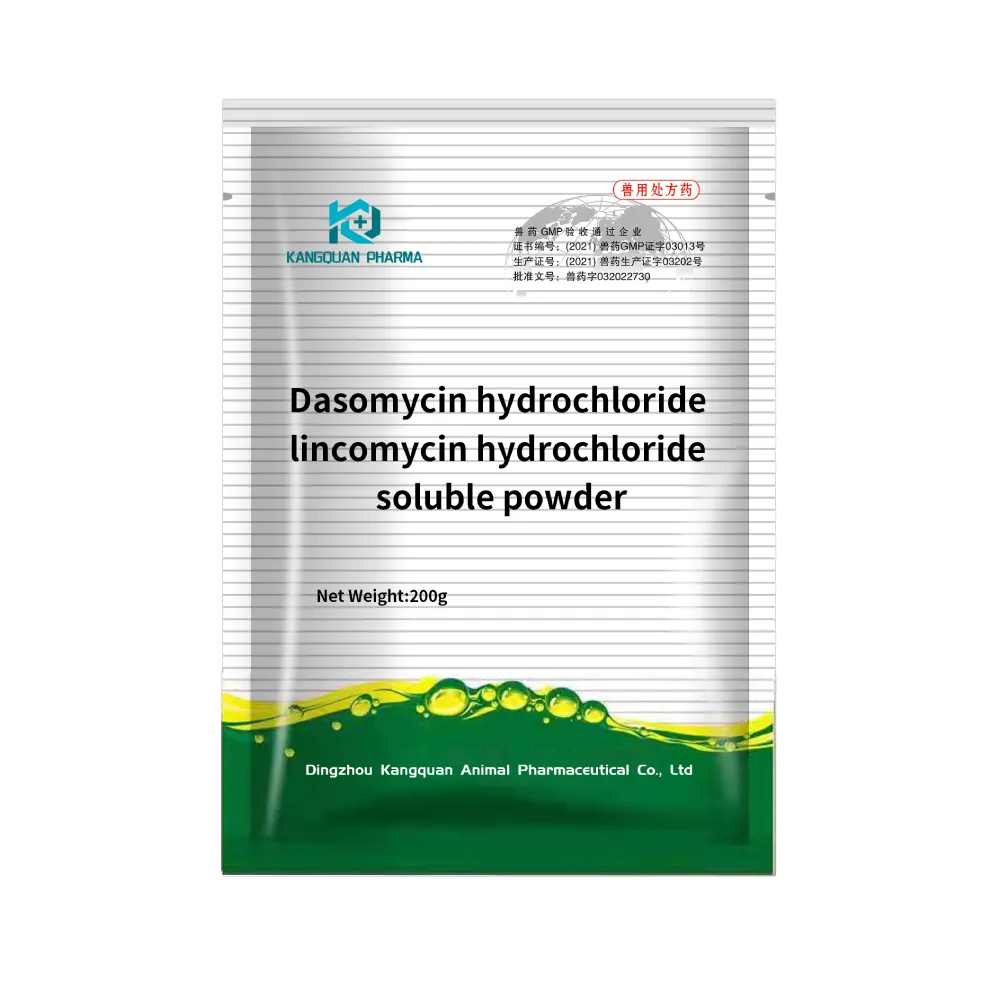- Afrikaans
- Albanian
- Amharic
- Arabic
- Armenian
- Azerbaijani
- Basque
- Belarusian
- Bengali
- Bosnian
- Bulgarian
- Catalan
- Cebuano
- Corsican
- Croatian
- Czech
- Danish
- Dutch
- English
- Esperanto
- Estonian
- Finnish
- French
- Frisian
- Galician
- Georgian
- German
- Greek
- Gujarati
- Haitian Creole
- hausa
- hawaiian
- Hebrew
- Hindi
- Miao
- Hungarian
- Icelandic
- igbo
- Indonesian
- irish
- Italian
- Japanese
- Javanese
- Kannada
- kazakh
- Khmer
- Rwandese
- Korean
- Kurdish
- Kyrgyz
- Lao
- Latin
- Latvian
- Lithuanian
- Luxembourgish
- Macedonian
- Malgashi
- Malay
- Malayalam
- Maltese
- Maori
- Marathi
- Mongolian
- Myanmar
- Nepali
- Norwegian
- Norwegian
- Occitan
- Pashto
- Persian
- Polish
- Portuguese
- Punjabi
- Romanian
- Russian
- Samoan
- Scottish Gaelic
- Serbian
- Sesotho
- Shona
- Sindhi
- Sinhala
- Slovak
- Slovenian
- Somali
- Spanish
- Sundanese
- Swahili
- Swedish
- Tagalog
- Tajik
- Tamil
- Tatar
- Telugu
- Thai
- Turkish
- Turkmen
- Ukrainian
- Urdu
- Uighur
- Uzbek
- Vietnamese
- Welsh
- Bantu
- Yiddish
- Yoruba
- Zulu
Dez . 26, 2024 09:00 Back to list
Efficacy of Ivermectin Injection in Treating Goat Parasite Infections and Health Management
Ivermectin Injection for Goats A Comprehensive Overview
Ivermectin is a widely recognized antiparasitic agent used in veterinary medicine, particularly for livestock, including goats. This medication belongs to the avermectin class, a group of drugs derived from the fermentation products of the soil bacterium *Streptomyces avermitilis*. Known for its effectiveness in controlling various internal and external parasites, ivermectin has become a staple in goat husbandry, ensuring healthier animals and, consequently, better productivity.
Understanding Ivermectin
Ivermectin works by interfering with the nervous system and muscle function of parasites. It binds to specific chloride channels that are present in the nerve and muscle cells of parasites, leading to paralysis and death. This mechanism makes it particularly effective against a range of parasites, including
- Gastrointestinal worms Such as Haemonchus contortus (barber pole worm), Ostertagia, and Trichostrongylus. - External parasites Including mites, lice, and ticks. - Some other pathogens Such as certain types of nematodes.
The efficacy of ivermectin against these parasites makes it essential in managing the health of goats, particularly in regions where parasitic infections are prevalent.
Dosage and Administration
Ivermectin is available in various formulations, including injectable solutions, pour-on formulations, and oral pastes. For goats, the injectable form is often preferred due to its ease of administration and rapid onset of action. The typical dosage for ivermectin injection in goats is usually around 0.2 mg/kg of body weight. It is administered subcutaneously or intramuscularly, providing a quick absorption and immediate effect against parasites.
ivermectin injection for goats

Veterinarians emphasize the importance of proper dosing—underdosing can lead to ineffective treatment and the development of resistance in parasite populations, while overdosing can cause toxicity and adverse effects in the goats.
Benefits of Using Ivermectin
The benefits of using ivermectin in goats extend beyond parasite control. Healthy goats lead to increased weight gain, higher milk production, and improved reproductive performance. In a commercial setting, this translates to better economic returns for farmers. Moreover, ivermectin has a relatively low toxicity profile when used correctly, making it a safe option for herd management.
Resistance Issues
Despite its effectiveness, the widespread use of ivermectin has raised concerns about the development of resistance among parasites. Farmers and veterinarians are increasingly aware of the need to implement integrated parasite management strategies. This includes rotating dewormers, utilizing grazing management practices, and regularly monitoring parasite loads through fecal egg count reduction tests. By reducing reliance on any single dewormer, the risk of resistance can be mitigated.
Conclusion
Ivermectin injection for goats is a critical tool in the arsenal of veterinary medicine, aiding in the control of harmful parasites that threaten goat health and productivity. When used judiciously and in conjunction with sound management practices, ivermectin can maintain the health of herds and support the overall sustainability of goat farming. As always, consult with a veterinarian for proper diagnosis, treatment plans, and the best practices for implementing a parasite control strategy in your herd.
-
Guide to Oxytetracycline Injection
NewsMar.27,2025
-
Guide to Colistin Sulphate
NewsMar.27,2025
-
Gentamicin Sulfate: Uses, Price, And Key Information
NewsMar.27,2025
-
Enrofloxacin Injection: Uses, Price, And Supplier Information
NewsMar.27,2025
-
Dexamethasone Sodium Phosphate Injection: Uses, Price, And Key Information
NewsMar.27,2025
-
Albendazole Tablet: Uses, Dosage, Cost, And Key Information
NewsMar.27,2025













